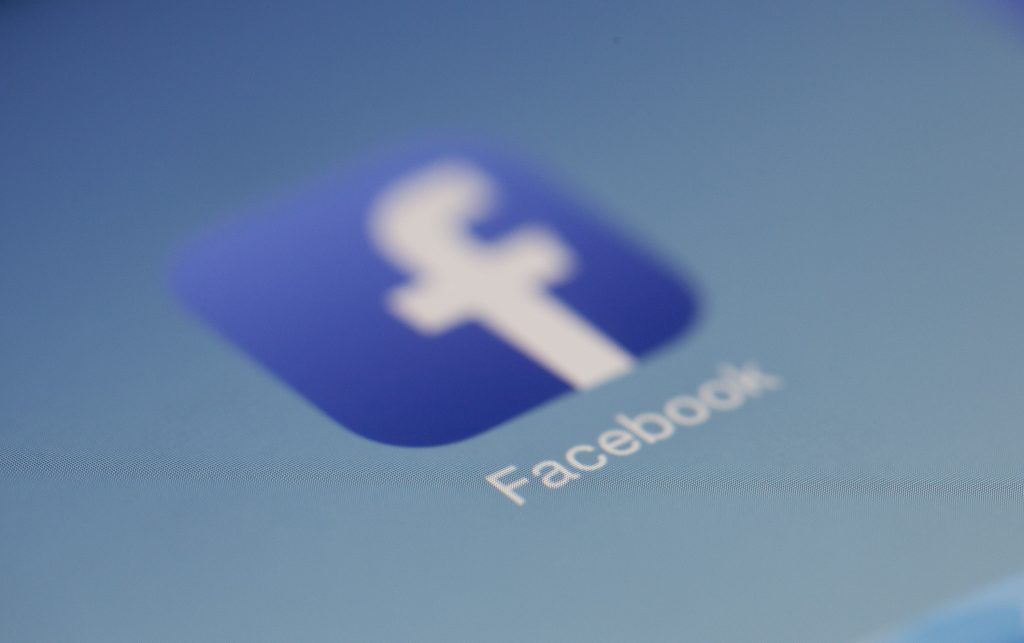Valuing Time and Money
Which is more valuable? I don’t think there is a simple answer to this question.
If you ask a person in their 90s who is comfortably retired, they will most likely tell you that time is more valuable.
If you ask a teenager or someone in their early 20s, they will most likely say that money is.
If we polled all Americans aged 25-65, my guess is most people would ultimately say time is more valuable than money if really pressed on it.
If my guess is correct, why don’t we live like it?
What Is Time Worth?
This is a great question and a difficult one to answer. The difficulty in answering this question makes answering the first question so hard.
Ashley Whillans book, Time Smart has some good thoughts on the matter. If any of this interests you, I’d recommend taking the time (pun intended) to read it.
In her book, she poses a dilemma to get us thinking about how we value money and time. In this dilemma, she sets up two scenarios that are the same in all ways but one.
In scenario 1, you do five hours of work to help a colleague and they give you tickets to see your favorite band. You also do fifteen hours of work for another colleague and they give you tickets to see another band that is pretty good. Both concerts are on the same night at the same time and you can only see one.
In this scenario, which concert would you go see?

In scenario 2, you paid $40 for tickets to go see your favorite band. You also paid $200 to see a pretty good band on the same night.
Which concert are you going to in this scenario?
It was found that most people would go to see their favorite band in the first scenario, but the other band in the second scenario. But, why?
It’s easier to quantify the loss of money versus the loss of time. Also, “we are more sensitive to small losses of money than small losses of time.” pg. 51 – Time Smart.
What Else?
One thing that applies to almost everyone is that we are overoptimistic about our future time. This applies in both the short-term and long-term.
In the short term, we agree to things in the future (say next week) believing that we will have time to accomplish or do them. This tends to be exaggerated when we are currently busy. We believe (wrongly, most times) that we will have more time in the future.
The long-term is even more prevalent in my opinion though. Let me explain by asking if you’ve said or heard someone say any (or all) of the following statements.
- I’ll travel more when I retire.
- I’ll spend more time with my kids/family when I make partner.
- I’ll go on a date with my spouse again once the kids are out of the house.
- I’ll start saving/giving when I’m making more money.
- I’ll be happy once we get our new house, car, boat…etc.
- I’ll pay off my credit cards when I get my bonus.
There are so many scenarios where we over assume not only how much time we will have in the future, but also the decisions we will make.
I make this mistake often when I say “I’ll start my diet on Monday.” If you’re wondering, I’m still waiting for next Monday…haha.
What’s The Point?
I’m hoping to get across a couple of things.
The first is that we aren’t promised tomorrow. I’m not saying to quit your job and move across the globe, but just to be more mindful of how you spend your time.

To use some of the examples above, why do you have to wait until you’re retired to travel? Why not do it now? You may not be able to do a month-long trek across Europe, but there are beaches, mountains, rivers, and lakes all within roughly 4 hours of home (metro Atlanta).
Take a shorter, less expensive trip. It’s been proven that spending money on experiences brings much more happiness than spending money on things. It doesn’t have to be a lot of money either. So start planning that trip.
Why do you have to start saving and/or giving once you’ve got or are making a lot of money? This is one myth I really wish I could break in the financial planning world. Too many people feel like they have to be rich to work with a financial planner or be making a ton of money to give or save.
Pick a percentage and just start doing it. As your income grows, so will the amount that you give and save.
The last example I will use from above is the most enticing one. It’s the biggest lie we let ourselves believe. “I will be happy when I have (enter a thing or position).”
I heard Ron Blue say once, “If you aren’t happy with what you have, you won’t be happy with what you want” and it’s stuck with me ever since.
This is so true and we all know it deep down. We’ve all experienced wanting something so badly that we could hardly take it. Even if it was as a kid. Maybe it was a toy or video game console as a kid. Or maybe as you got older, it was a new relationship or job.
We dreamt about it, thought about it all the time, and may have even prayed for it. Then we got it. And it was great! For a little while, then it wasn’t new anymore. A newer toy or video game came out. Maybe that relationship or job wasn’t as great as you thought it was going to be.
Whatever the reason, the initial happiness faded. Now we were looking to the next thing to bring us happiness.
Why Do We Believe The Lie?
I’m not a psychologist, but I’m going to take a stab at it.
The first reason, in my opinion, is because we remember the initial happiness we experienced when we got the last thing we wanted. We all know what it’s like to get something new and exciting.
That new car smell, the butterflies from starting a new relationship, and the satisfaction of earning that new position are all great things. Why wouldn’t we want them?
The second reason, in my opinion, is that we live in a time where we essentially have access to anything we want whenever we want. We have the internet in our hands at all times.
With that comes ads everywhere we look. They aren’t just on billboards, magazines, and newspapers now. Companies spend millions of dollars paying for access to data so they can target you and me specifically based on our interests.
That’s scary for multiple reasons, but I’ll leave it at that. The point is, every time we look at something on our phone, we are being convinced that we need that new thing. Whatever it may be.

The third reason, and I’ll stop with this one though I know there are more, is comparison or “keeping up with the Joneses.” Another way to say it that we might not like to hear is jealousy.
That same phone we carry everywhere with us also holds all our social media accounts. We all know that social media is nothing but a highlight reel of someone’s life that doesn’t accurately portray reality, yet we all fall victim to being enamored by it.
- “The Joneses are off on another tropical vacation again. Look how clear that water is. I wish we traveled like they do.”
- “Their family seems so happy, why can’t we be happy?”
- “Look at their brand new pool they added to their already gorgeous home. I wish we had a house like that.”
- “Their kids are always so well behaved. My kids won’t ever listen to me. I’m such a bad parent…”
These are the thoughts and lies that go through our heads as we scroll on Instagram or Facebook. These lies lead to discontentment with what we have and make us desire something we may not even really want to try and fill a void that wouldn’t be there if we didn’t worry so much about what other people had.
I could say a lot more about this, but I’ll save that for another time. Who knows, maybe I’ll write a book about it.
So Which Is It, Time Or Money?
I’m sure you’ve been able to pick up that I tend to lean towards time being more valuable. For me, I’m willing to trade time spent working (which would lead to more money) for time with family, lunches with friends, serving somewhere, and yes, the occasional round of golf too.
I do believe that money is important as well. Most people need a certain amount of money to be able to truly enjoy the value of their time. Once you reach that level the decision gets more difficult.
In the end, it’s a decision we all have to make for ourselves. I do think it’s a question worth asking though. Which do you value more?
Let me know which you value more and why in the comments.
Did You Know?
The average American spends 5.4 hours on their phone daily. 13% of millennials spend over 12 hours on their phone daily!
Quotable:
“Most men think they are simply here on earth to kill time and it’s killing them!” – John Eldredge – Wild at Heart
Connect with Us:
If you like what you’ve read and would like to get more helpful advice in the future, click this link to subscribe to our newsletter.

